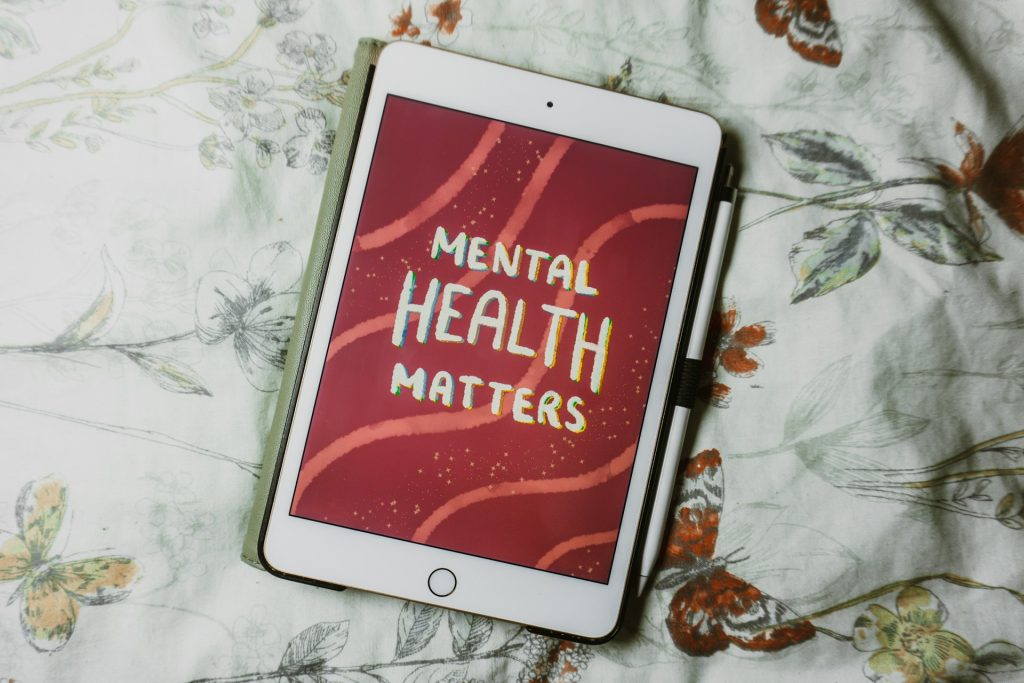In a world that’s more connected than ever, the idea of unplugging might sound impossible. Yet, with screens and notifications dominating our lives, taking a break from digital devices is more important than ever for maintaining mental well-being. This is where a digital detox can come in as a powerful tool for reclaiming your peace of mind.
What Is a Digital Detox?
A digital detox involves intentionally disconnecting from technology, such as smartphones, computers, and social media platforms, for a period of time. The goal isn’t to cut off technology forever but to reset and create a healthier relationship with your devices. Whether it’s for an hour a day, a full weekend, or longer, stepping back can offer significant mental health benefits.

The Mental Health Benefits of Unplugging
- Reduced Stress and Anxiety Constant notifications, endless scrolling, and the pressure to stay connected contribute to heightened stress levels and anxiety. By stepping away, you allow your mind to rest, promoting calmness and reducing feelings of overwhelm.
- Improved Sleep Quality Blue light from screens can interfere with melatonin production, disrupting your natural sleep cycle. A digital detox, especially in the evening, helps promote better sleep by giving your brain time to unwind before bedtime.
- Enhanced Focus and Productivity Ever feel like your attention span has dwindled? You’re not alone. Studies show that constant tech use impacts our ability to concentrate. A break from screens can help restore your focus, making you more productive and creative when you return to your tasks.
- Boosted Mood and Emotional Well-being Social media can often lead to comparison, negative self-talk, and feelings of inadequacy. A digital detox shifts your attention back to real-life connections and experiences, which can boost your mood and overall happiness.
Signs You Might Need a Digital Detox
If you find yourself constantly reaching for your phone, feeling anxious when you don’t check notifications, or struggling to concentrate without distractions, it might be time to take a step back. Other signs include disrupted sleep patterns, increased irritability, and feeling disconnected despite spending hours online.

How to Successfully Unplug
- Set Boundaries: Designate specific times to go device-free, such as during meals or one hour before bed.
- Start Small: Begin with short breaks and gradually increase your tech-free time as you feel more comfortable.
- Find Offline Activities: Rediscover hobbies you love or try new activities like reading, journaling, or taking a walk.
- Communicate Your Plan: Let friends and family know you’re taking a break, so they understand why you might be less responsive.
Long-Term Benefits of Regular Digital Detoxes
Committing to regular digital detoxes can lead to lasting benefits such as improved relationships, increased mindfulness, and better mental resilience. You may find that you’re more present, enjoy deeper conversations, and can more easily connect with others without the interference of constant pings and notifications.
Final Thoughts
In today’s fast-paced, tech-driven world, making time for a digital detox can feel challenging, but the benefits are well worth it. From improved mental health and better sleep to deeper connections and a happier outlook, unplugging gives your mind the space it needs to thrive.
Ready to reap the benefits of a digital detox? Start small, set boundaries, and experience how unplugging can lead to a healthier, happier you.



